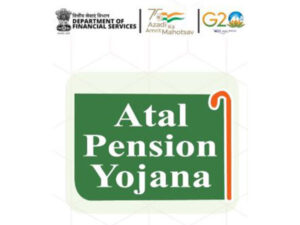Grain procurements in laggard states helped reduce wealth inequality: SBI research
New Delhi [India], January 9 (ANI): Grain procurements from farmers in laggard states had a significant impact on reducing wealth inequality, said SBI Research in its latest Ecowrap report.
It analysed the hypothesis of how the free food grain distribution is impacting the distribution of wealth on population groups among the poorest of the poor, based on data from National Family Health Survey (NFHS – 5), 2019-21. “Our results show that relatively laggard states in terms of unequal distribution of wealth across different population quintiles, Rice Procurement and Wheat procurement in such states had a significant impact on reducing inequality through the reduction in Gini coefficient,” SBI Research report authored by Group Chief Economic Adviser of State Bank of India Soumya Kanti Ghosh stated.
The states mentioned in the report are Assam, Bihar, Chhattisgarh, Jharkhand, Madhya Pradesh, Odisha, Uttar Pradesh, Uttarakhand, and West Bengal.
The government usually procures farm produce at an assured Minimum Support Price directly from farmers. The report cited two ways in which the procurement of such cereals is lowering inequality. “First, a higher procurement is benefitting the poorest of the poor in terms of subsequent free distribution of food grains.
Second, the procurement may have also put money into the hands of smaller and marginal farmers, with distributional impact,” it said, adding that procurement of cereals over time may have become more efficient across states. With food being provided free under National Food Security Act, the cost actually paid by the households for the quantity obtained from the Public Distribution System will be zero.
The Union Cabinet recently approved providing free grains for one year, which was earlier provided at Rs 2-3 per kg. The NFSA beneficiaries before the Cabinet decision used to buy foodgrains at a subsidised rate — rice Rs 3 per kg and wheat Rs 2 per kg, respectively. “This lower demand of cereals at market prices will concomitantly lower the mandi prices of cereals and this will have a sobering impact on the CPI food inflation,” said the report. Also, it found that several government transfer payments for the poor are adding Rs 75,000 to a household per annum.
“Our results clearly substantiate that in the Indian context, it is an incorrect conjecture to assume that inequality has worsened during the pandemic. With a progressive growth in output across states as proxied by GSDP, it is clear that the fruits of such growth have clearly reverberated and dovetailed into inclusive growth. India has thus done quite well during the pandemic in terms of navigating income shocks across deciles of population,” it added.






